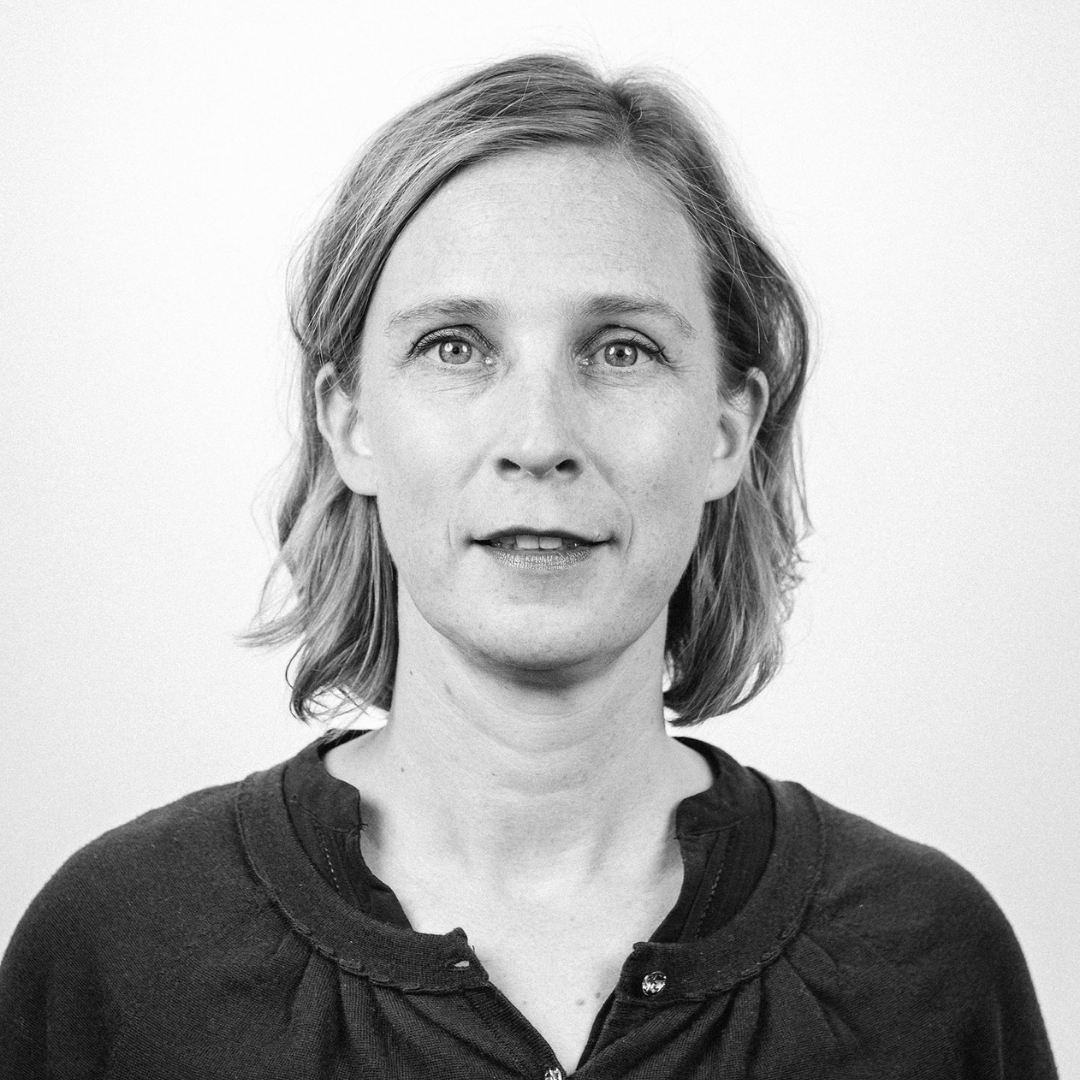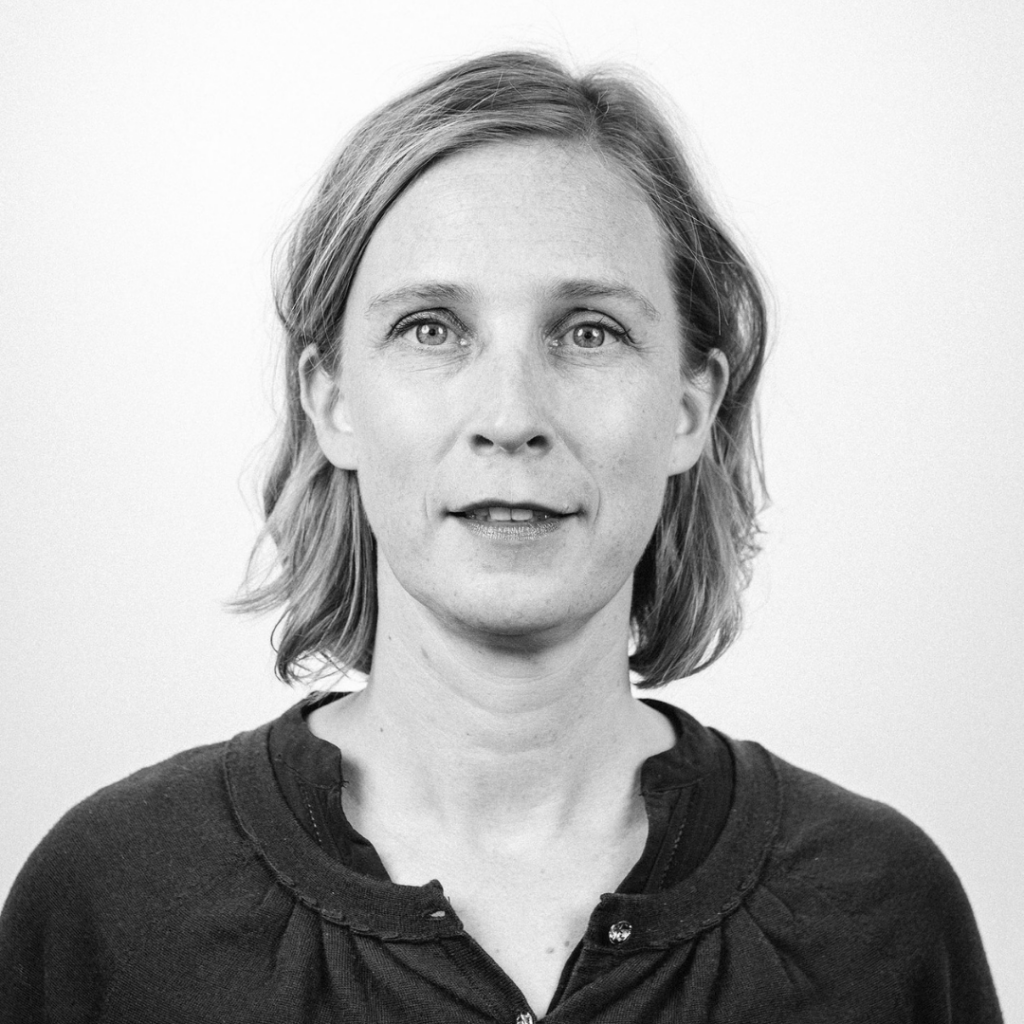Earlier this year, I had high hopes of meeting a representative of the BMW Foundation in person on my visit to Berlin. Between my time in Toronto and conversations with Michelle Arevalo-Carpenter, I had met my fair share of Responsible Leaders, yet still hadn’t had a chance to talk to the organization that had created this network.
When the world turned upside down, Ilka Hennet graciously accepted my invite to chat virtually. After she insisted that she is no expert on social entrepreneurship, she shared some deep insights into how we might view the role of foundations inside an entrepreneurial ecosystem and what they can offer as support in achieving the Sustainable Development Goals that goes beyond grant-making:
“Our focus and our mission are to promote responsible leadership in all sectors of society. It’s one of our core principles: The people and leadership positions we bring together come from all different walks of life and different sectors, from classical business to social business, civil society, academia, politics, the arts and media. What we seek are leaders who share our values. The common ground from which we try to bring positive change in the world are the Sustainable Development Goals, the SDGs, which also serve as our framework when it comes to the question of what kind of change we would like to see in the world.
The foundation was started with the first formats to bring together people in leadership positions in the 90s; back then they were called Young Leaders. Now, obviously, leaders don’t stay young forever but hopefully responsible, so it became The Responsible Leaders Network which I joined in 2009.
These days, I organize the European network. As one of the regional network organizers, I’m a classical community builder and the contact person. In brief, I hold space for the people in our network in Europe. In most regions that we’re active in we have one contact person within the foundation and a local counterpart from our Responsible Leaders Network. That way we can be really close to our regional communities without having offices all over the world or being in the region physically all the time. ”
Who are Responsible Leaders?
“We invite people from diverse cultural and professional backgrounds to come together in a trusting space so that they might engage on a more human level rather than merely exchanging business cards. Our experience shows that the challenges people face in their role as leaders in their organization and society are often pretty similar. No matter where they come from or which sector they work in, we want to provide them with the space and time to reflect on those challenges together which in turn creates mutual understanding and a shared experience.”
Stepping away from their daily routines and responsibilities allows them to return to their core beliefs, their WHY. It provides space and community to remember all the things they were burning for in their twenties and the reasons for why they get up in the morning, why they’re still fighting this fight.
How do you source Responsible Leaders?
“We rely on recommendations from within our network; sometimes we also do plain research and other times people find out about us and apply. We aim for a mix of all three. We are a small organization and have a limited amount of leadership programs we can do each year – so we try our best to be intentional about building a really diverse network in terms of gender, cultural backgrounds, geographic regions, the sectors they lead and and their personal backgrounds.”
Foundations in a social change ecosystem
Being associated with a world-renown automobile company, I imagine people having rather high expectations when engaging with the foundation. How do you see the foundation’s role in the movement toward the SDGs?
“We are a corporate foundation, but we are not a grant-giving foundation and although we belong to the bigger corporate foundations in Germany, when it comes to our actual funds, we are rather small. That was the reason why, from the beginning, we didn’t act as a grant-giving foundation but had to find other ways to better create impact.
The idea of thinking in ecosystems has always been natural for us.
And that is why the idea of thinking in ecosystems has always been natural for us. We see ourselves as an actor who can take risks that governments or much larger organizations can’t take. We are in a position to try alternative approaches and be much more agile in the way we address and try things. If we see a trend emerge, like the B Corp movement or impact businesses in general, that we think is relevant across the world, we can easily jump in and make a difference by helping this movement grow to a point where bigger organizations come in with a more substantial funding possibility. Because we are fairly close to thought leaders and practitioners that are concerned with the SDGs, we are able to identify promising trends very early and then try to enable and empower the community around them.”
A united network and challenges in the impact space
“The challenges social entrepreneurs face in running their businesses very much depend on the culture and the society they emerge in. For example, a social entrepreneur in Egypt might work towards solving the same Sustainable Development Goal as the one in Canada, yet they face totally different challenges in moving ahead by virtue of their culture.
I think one common issue arises around well-being and the question how to balance impact-driven work and life.
Working to solve some of the world’s toughest challenges can be really energizing, sometimes so much so that social entrepreneurs end up in burning out.
I’m very happy to see that in many of the big organizations, like Ashoka, take this seriously and really try to tackle this issue.”
Why do you do what you do?
“… because my work is very much centered around human relations and encounters. And, of course, sometimes I complain that the days and the work never ends, but I draw a lot of energy from these interactions. On top of that, I’m usually surrounded by people who inspire me, who help me think in different ways and open my mind. I think that’s such a privileged position that also gives me a very very optimistic outlook on life and on humankind.”
At the BMW Foundation Herbert Quandt, Ilka Hennet is able to fully indulge her passion for networks and networking – most notably when it comes to organizing and designing Responsible Leadership formats and helping build the Foundation’s regional networks, currently with a focus on Europe. In this work, she is served well not only by her interpersonal communication skills but also by her university studies in the interdisciplinary field of applied cultural sciences. Ilka started her career by organizing international events for a Cologne-based recruitment agency. After moving to Berlin, she worked for an international architectural firm, optimizing its workflow and complementing the firm’s external communications with art and dialogue events. While other people are still struggling to stay on top of their post-it notes or digital sorting systems, Ilka has already checked off half of the items on her neat to-do list and pro-actively solved several problems on the side before others have even recognized them as such. For her, the steadily growing network of the BMW Foundation Herbert Quandt is an excellent tool for connecting people who can achieve more together.

Ilka Hennet
Berlin, Germany
Leader of leaders. Queen of post-its. Systems thinker.
